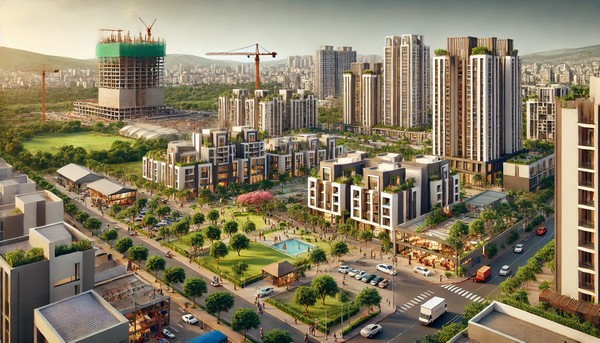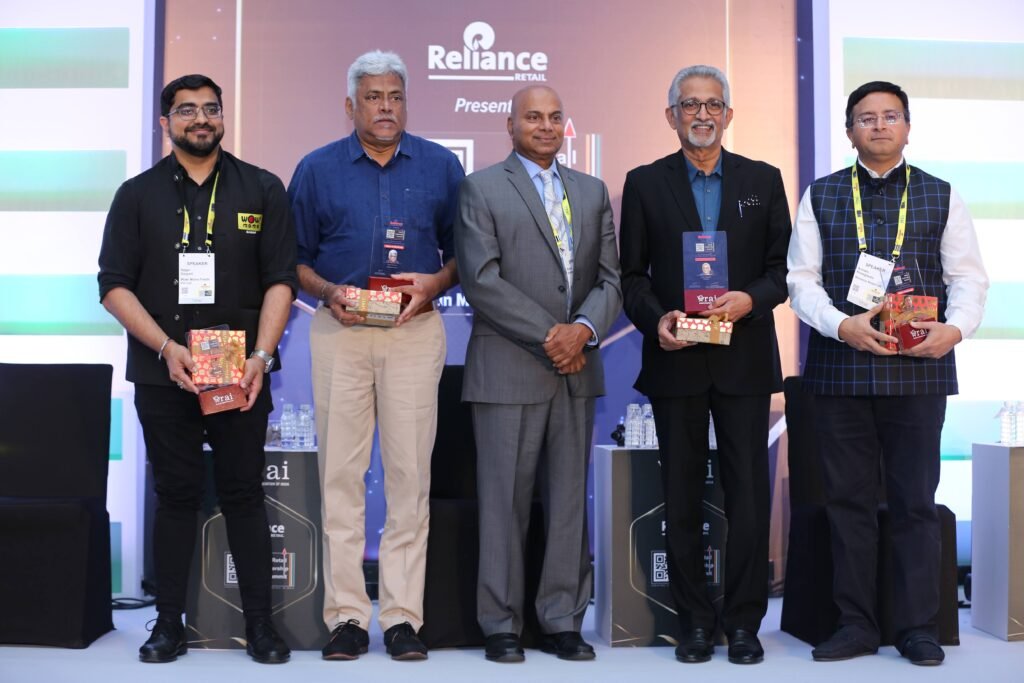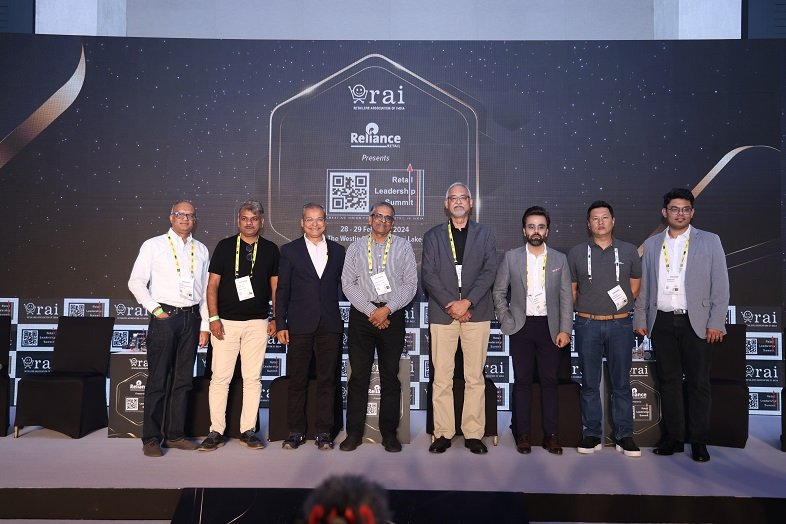Mumbai, 26 August 2024: Residential prices have been rising significantly across cities in the last few years, amid buoyant demand and increased new supply. ANAROCK Research has analysed the price trends in the top 3 micro-markets of the top 7 cities, based on maximum new supply seen in the last 5 years.
Among the shortlisted localities, Bengaluru’s Bagaluru recorded the highest price appreciation of 90% between 2019 and H1 2024.

”With new supply of approx. 17,065 units in the period, the average residential prices at Bagaluru jumped up from INR 4,300 per sq. ft. in 2019 to approx. INR 8,151 per sq. ft. in H1 2024,” says Anuj Puri, Chairman – ANAROCK Group. “A deeper dive reveals that of the total new supply launched in this micro market since 2019, over 94% was in the price bracket of INR 40 lakh to INR 1.5 Cr – the mid and premium segments. The remaining 6% was in the luxury segment priced >INR 1.5 Cr. Tellingly, there was no new affordable supply in this locality.”
Hyderabad’s Kokapet came close behind with overall price appreciation of 89% in this period. The area saw approx. 12,920 units of new supply in the period, and prices rose from INR 4,750 per sq. ft. in 2019 to INR 9,000 per sq. ft. in H1 2024. A whopping 52% of the new launch share was in the ultra-luxury category priced >INR 2.5 Cr, followed by a cumulative 30% in the mid and premium segments. The remaining 19% supply was in the luxury price bracket of INR 1.5 – 2.5 Cr.
Bengaluru’s Whitefield ranks 3rd, recording an 80% rise in residential prices in the period. The area witnessed saw approx. 18,600 units launched between 2019 and H1 2024 – over 66% was in the mid and premium budget category, and the remaining 34% was in the luxury homes segment. Average prices here increased to INR 8,600 per sq. ft. in H1 2024 from INR 4,765 per sq. ft. in 2019.
- NCR’s Dwarka Expressway ranks 4th with a 79% price appreciation. Avg. prices increased from INR 5,359 per sq. ft. in 2019 to over INR 9,600 per sq. ft. in H1 2024.
- Bengaluru’s Sarjapur Road clocks in at #5 with a 58% price jump. Avg. prices here rose from INR 5,870 per sq. ft. in 2019 to INR 9,300 per sq. ft. in H1 2024.
- Hyderabad’s Bachupally came in 6th with avg. property prices increasing by 57% in the period – from INR 3,690 per sq. ft. in 2019 to over INR 5,800 per sq. ft. in H1 2024.
- Hyderabad’s Tellapur ranks 7th with a 53% jump in avg. property prices in this period – from INR 4,819 per sq. ft. in 2019 to INR 7,350 per sq. ft. in H1 2024.
- MMR’s Panvel ranks 8th with a 50% price rise in the period – from INR 5,520 per sq. ft. in 2019 to INR 8,300 per sq. ft. in H1 2024.
NCR’s New Gurugram – in the 9th spot – saw avg. property prices rise by 48% – to INR 9,000per sq. ft. in H1 2024 from INR 6,100 per sq. ft. in 2019. - MMR’s Dombivli saw a 40% price rise in this period – from INR 6,625 per sq. ft. in 2019 to INR 9,300 per sq. ft. in H1 2024.
“Housing price growth accelerated after the pandemic, particularly if we consider the last two years,” says Puri. “As per our data, the top 7 cities collectively saw over 44% of price appreciation in the last five years. At a city level, Hyderabad recorded the highest jump of 64% between 2019 and H1 2024, followed by Bengaluru with a 57% increase. The lowest price growth of 25% was seen in Kolkata. NCR and MMR both witnessed a 48% price appreciation each in this period.”
The commonly held notion that high new supply in a market tends to curtail price growth is not entirely true; many of these active residential micro-markets have seen significant price appreciation over the last five years. For instance, Greater Noida West in NCR – which has the 5th highest supply in the region in last five years – saw a whopping 129% price appreciation.
10 Micro-markets for New Supply – MMR’s Dombivli Leads
The past five years have seen a massive infusion of new supply across the top 7 cities – more than 16,32,650 units between 2019 and H1 2024. City-wise, MMR witnessed the highest supply with approx. 5,25,430 units in this period, followed by Pune with over 2,95,550 units. In terms of micro-markets, MMR’s Dombivli remained the most active market in this period, with the highest new supply.
- Dombivli (MMR) ranks first on the list of the most active residential micro-markets in terms of the number of new units launched in this 5-year period. It saw more than 44,990 new unit launched since 2019, with average property prices hovering around INR 9,300 per sq. ft. on built-up area as of H1 2024 – a 40% increase. At least 77% of the new supply was in the INR 40 lakh to INR 1.5 Cr price bracket, and the remaining 23% in the affordable category.
- Sarjapur Road (Bengaluru) saw the second highest new supply of approx. 36,150 units, of which 74% was in the mid and premium segments and 18% in the luxury category. Just 8% was affordable housing.
- Panvel (MMR) saw 34,400 units added in the period, of which 64% was in the INR 40 lakh to INR 1.5 Cr price bracket, 32% in the affordable segment, and 3% within the INR 1.5 Cr to INR 2.5 Cr price band.
- Thane West (MMR) ranks 4th with approx. 34,020 new units added with the average price at INR 13,500 per sq. ft. as of H1 2024 (from INR 10,317 per sq. ft. in 2019) – a 34% price hike. Of the total new supply here, 77% was in the mid and premium segments, 21% in the >INR 1.5 Cr bracket, and just 2% in the affordable category.
- Greater Faridabad (NCR) came in 5th with approx. 32,740 units launched in the period. At least 56% was in the affordable category, 24% in the luxury price bracket, and the remaining 20% in the mid and premium segments. Average property rates here rose from INR 3,500 in 2019 to INR 4,700 per sq. ft. in H1 2024 – a 34% jump.
- Hinjewadi (Pune) came in 6th with new supply of 25,140 units between 2019 to H1 2024; a whopping 95% was in the mid and premium segments (INR 40 lakh to INR 1.5 Cr), just 4% in the affordable segment, and 1% in the luxury category. The area has seen prices appreciate by 39% in the last five years.
- New Gurugram (NCR), clocking in 7th, saw approx. 21,125 units launched in the period – 52% in the affordable category, 29% in the luxury segment, and 19% in the mid and premium segments. Average prices here rose by 48% in the last five years – from INR 6,100 per sq. ft. in 2019 to INR 9,000 per sq. ft. in H1 2024.
- Dwarka Expressway (NCR) ranks 8th with approx. 20,250 units launched between 2019 to H1 2024, of which over 55% was in the affordable category priced INR 1.5 Cr bracket.
- Whitefield (Bengaluru) ranks 10th with approx. 18,600 units launched, of which 66% was in the mid and premium segments and 34% in the luxury category. There was no new affordable housing supply here.






